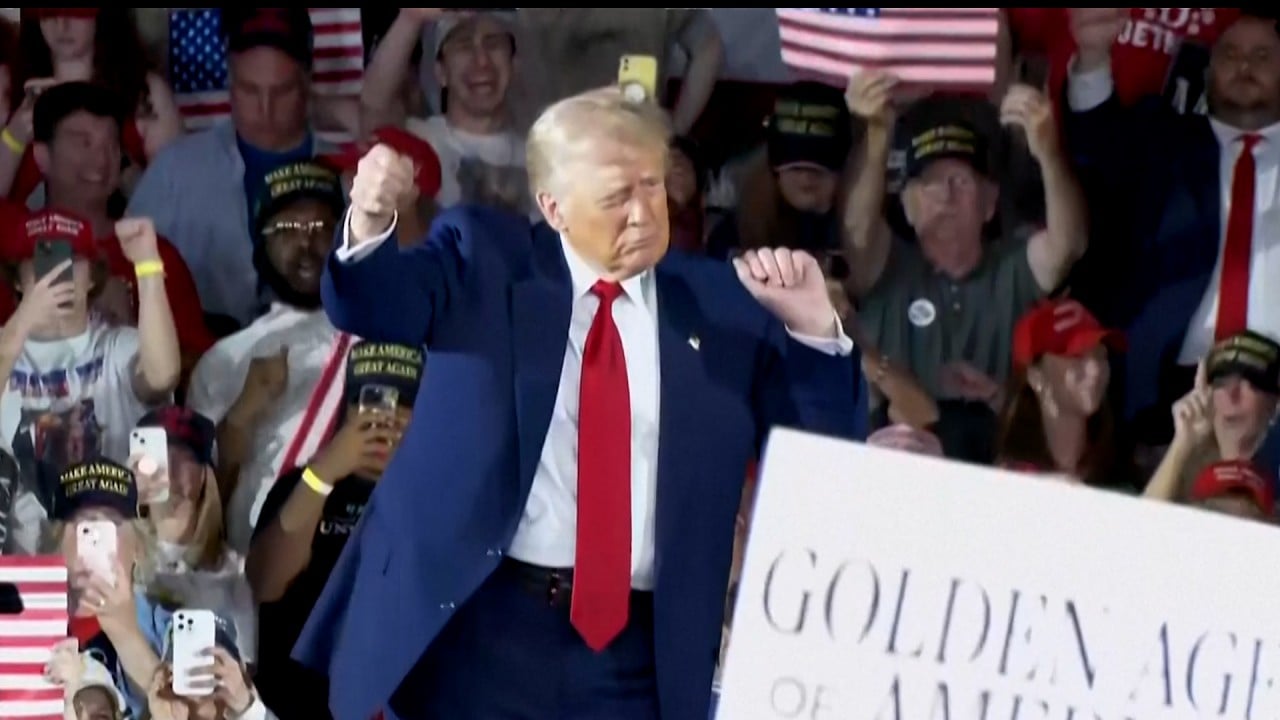As EU scrutinises US trade deal with Britain, China is the ‘elephant in the room’ | South China Morning Post
Key Concerns of the EU
European officials are carefully examining the recently announced US-UK trade agreement for clues about how President Trump might influence them to adopt more stringent policies toward China. The deal's emphasis on aligning supply chain security with the US is seen as a subtle yet significant pressure tactic against China.
China as the Unnamed Player
While China isn't explicitly named, experts believe it is the primary target. The agreement focuses on areas like forced labor, data security, and economic security, all of which are perceived as veiled references to China's practices. Sam Goodman of the China Strategic Risks Institute highlighted the deal's language on these aspects as clearly indicating China is the central concern.
Specific Provisions Targeting China
The agreement includes specific requirements for Britain to meet US demands regarding supply chain security for steel and aluminum, which observers interpret as a direct response to Chinese involvement in these industries. The document also seeks to align Britain with US security concerns in sectors subject to Section 232 investigations, with the pharmaceutical sector currently under review.
Global Implications
Henry Gao, a professor at Singapore Management University, suggests that this China-focused approach in the US-UK trade deal will likely become a recurring theme as countries globally try to avoid US tariffs.
Sources from the EU and its member states said the text showed that Trump wanted to ensure America’s allies would work to cut Beijing out of important supply chains, namely steel and pharmaceuticals. China is not named in the agreement, but it is alluded to throughout.
“The language in this agreement on alignment with the US on forced labour, data security, economic security, and investment bans can only be read as China being the elephant in the room,” said Sam Goodman, senior policy director at the China Strategic Risks Institute, a British think tank.
Britain agreed to “promptly meet US requirements on the security of the supply chains of steel and aluminium products intended for export to the United States and on the nature of ownership of relevant production facilities”, the text read, in what observers saw to be references to Chinese ownership in the industry.

01:00
Trump justifies ‘China tariffs’ as US effort to curb ‘greatest job theft in the world’
Trump justifies ‘China tariffs’ as US effort to curb ‘greatest job theft in the world’
Henry Gao, a professor specialising in international trade at Singapore Management University, suggested that the deal’s China focus would be a running theme as countries around the world scrambled to avoid tariffs.
🧠 Pro Tip
Skip the extension — just come straight here.
We’ve built a fast, permanent tool you can bookmark and use anytime.
Go To Paywall Unblock ToolSave articles to reading lists
and access them on any device
If you found this app useful,
Please consider supporting us.
Thank you!